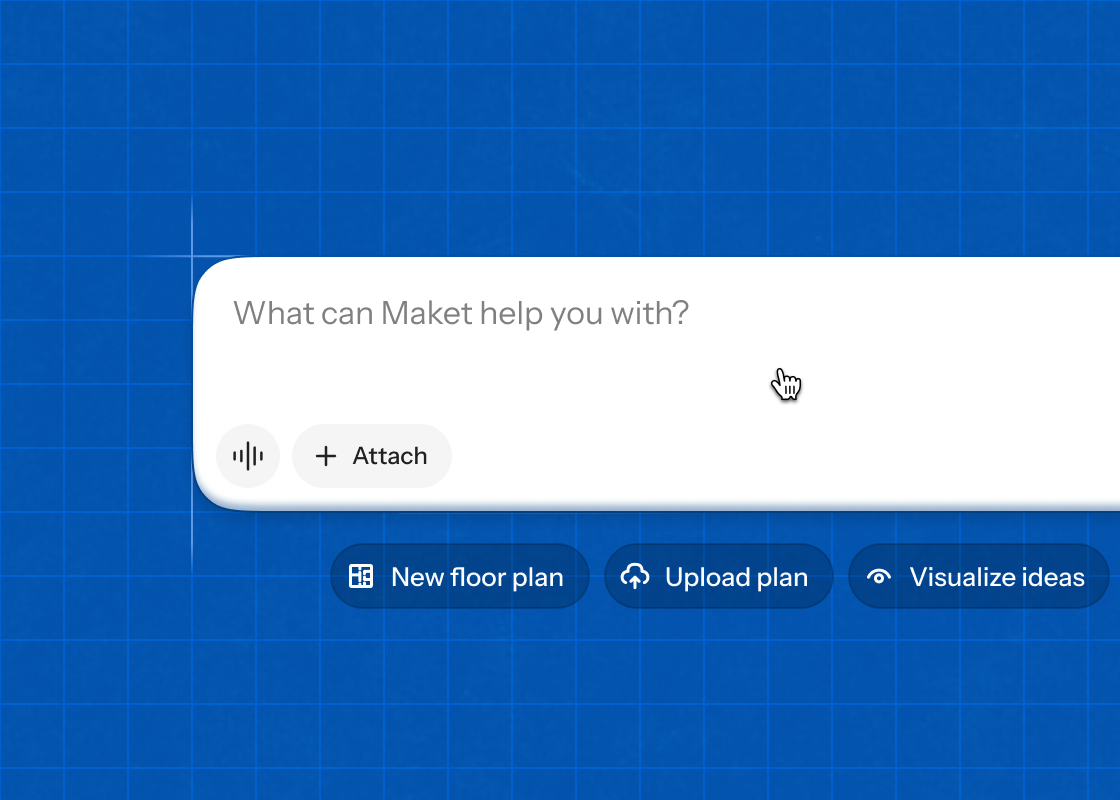
The Benefits of Generative AI in Sustainable Home Building and Architecture
Energy efficiency and sustainability are the two most important factors in modern construction and architecture. With the growing demand for eco-friendly buildings, energy audits and certification programs have become crucial. These evaluations help ensure that buildings meet the latest standards for sustainable design and are energy efficient.
But, conducting energy audits and certification programs has always been a daunting task, requiring specialized expertise and extensive manual calculations, which can be both time-consuming and expensive.
This is where generative AI can make a huge difference. This cutting-edge technology is revolutionizing the way energy audits and certification programs are conducted, making the process faster, cheaper, and more accurate. So, if you're in the home building or architecture industry and looking for ways to improve your building's sustainability, read on to learn more about the benefits and applications of generative AI.
How Generative AI is Changing the Game for Energy Audits and Certification Programs
Home building and architecture professionals are always looking for new ways to become more eco-friendly and reduce their impact on the environment. One major challenge in this pursuit is the need for accurate and thorough energy audits and certifications. These evaluations are essential to ensure that buildings are energy efficient and meet current sustainability standards.
But let's be real, energy audits and certifications have always been a pain. They take forever and require a lot of manual calculations and specialized expertise.
Imagine you're an architect working on a new building design. You want to ensure that the building is as energy-efficient as possible and meets the latest sustainability standards. But the thought of conducting a traditional energy audit, with all the manual calculations and expertise required, seems daunting. Enter generative AI.
Generative AI can analyze your building's design, construction materials, and environmental conditions to generate a detailed energy analysis. This analysis can identify potential energy savings and suggest improvements that can help your building meet the latest sustainability standards. By using generative AI, you can save time and money, improve the accuracy and reliability of your energy audits, and find opportunities for energy savings and sustainability improvements that you may not have considered otherwise.
Key Advantages
Generative AI is a time and money saver. By automating most of the analysis and calculations, it cuts down on the time and effort required to complete an energy audit. This is especially helpful for large or complicated buildings.
Accuracy and reliability are also improved with generative AI. By using advanced algorithms and machine learning, it's able to analyze a building's design and environment in greater detail, providing a more comprehensive and accurate analysis of its energy performance. This allows architects and builders to make informed decisions about sustainability.
And perhaps the coolest thing about generative AI? It uncovers opportunities for energy savings and sustainability improvements that a traditional energy audit may miss. By analyzing a building's design and environment from multiple perspectives, it generates a wide range of potential solutions and improvements that reduce energy consumption and improve sustainability. Perfect for architects and builders pushing the boundaries of sustainable design and construction.
Putting Generative AI into Practice
Here are some examples of how generative AI is changing the game for building energy audits and certification programs:
- Energy performance rating calculation. Generative AI automates the calculation of a building's energy performance rating, which is a measure of energy efficiency used in certification programs like the LEED (Leadership in Energy and Environmental Design) program. This means architects and builders can quickly and accurately calculate the building's energy performance rating, and it saves time compared to manual calculations.
- Design optimization. Generative AI can generate design options optimized for energy efficiency based on a building's location, climate, and intended use. This is great for architects looking to incorporate sustainability into their designs as it provides a starting point for further refinement.
- Retrofitting improvements. Generative AI analyzes a building's design, construction materials, and environment to find potential energy savings and sustainability improvements. This is perfect for building owners and operators who want to retrofit their buildings to improve energy efficiency and meet the latest sustainability standards.
Conclusion
In conclusion, generative AI is changing the game in the home building and architecture industry by making energy audits and certification programs faster, cheaper, and more accurate. With the ability to automate much of the analysis and calculations, generative AI is reducing the time and effort required to conduct an energy audit.
By identifying opportunities for energy savings and sustainability improvements that may not be apparent from a traditional energy audit, generative AI is helping to push the boundaries of sustainable design and construction. So, if you want to improve the sustainability of your building, consider implementing generative AI for your energy audits and certification programs. With generative AI, the future of sustainable construction and architecture looks bright!








.png)

